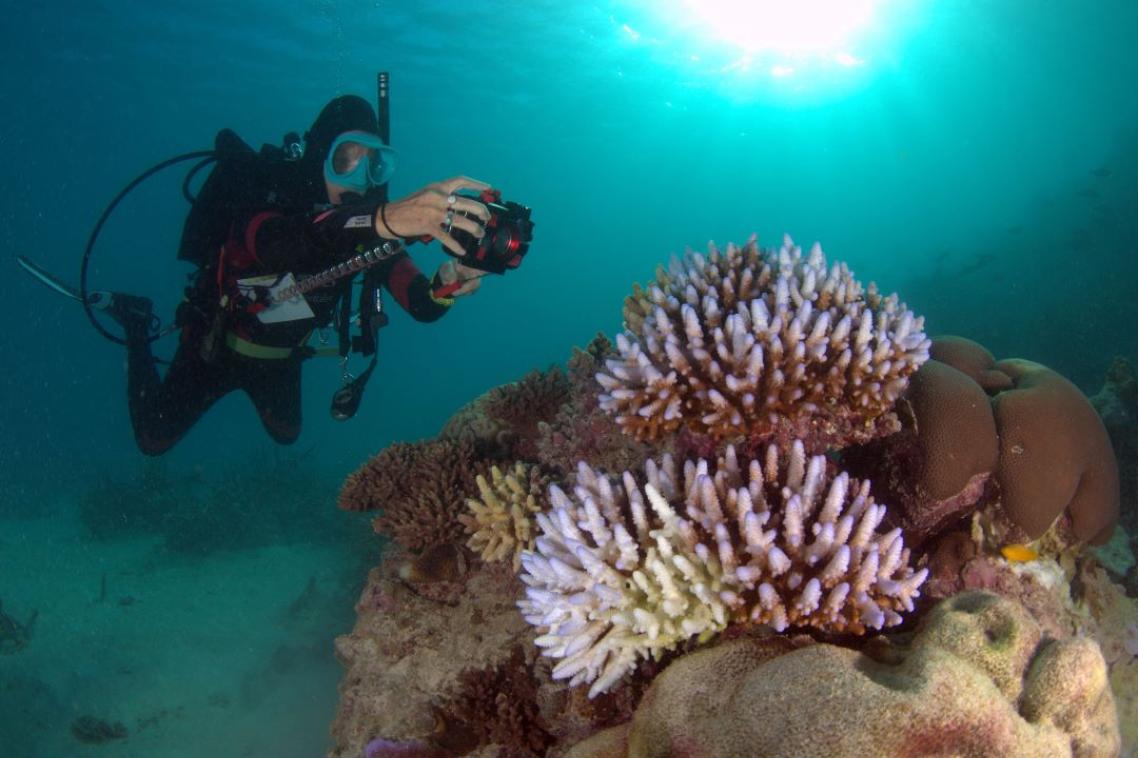UQ research into the effects of caffeine on exercise performance

Whether you are an elite athlete trying to gain a competitive edge, or a regular bike commuter, consuming caffeine one hour prior to exercise has the potential to improve your performance.
Lecturer and exercise physiologist with The University of Queensland's School of Human Movement Studies, Dr Tina Skinner, has recently published the results of her work on the links between caffeine consumption and athletic performance.
"Caffeine's performance-enhancing effect was thought to be related to the levels of the drug circulating within the bloodstream during endurance exercise,"Dr Skinner said.
Instead, Dr Skinner's study of caffeine's impact on athletic performance, found that the time in which caffeine enters the body, not the amount of caffeine in the bloodstream, is the key to enhancing athletic performance.
For her work, Dr Skinner has received three awards, including a 2011 Australian Sports Medicine Federation Fellows Award for Best New Investigator in Exercise and Sports Science.
"It does not seem to matter how much caffeine enters your bloodstream, as long as it is consumed within one hour prior to starting exercise," she said.
Three randomised controlled trials were carried out on national level male rowers, competitive cyclists and triathletes and active healthy males.
Dr Skinner and her team then examined the influence of the caffeine dose, supplementation timing and post-meal timing on caffeine concentrations in the bloodstream and subsequent exercise performance.
"We found that when caffeine is consumed following a high-carbohydrate meal the amount of caffeine that enters the bloodstream is delayed and concentrations reduced compared to when caffeine is consumed in a fasting state," Dr Skinner said.
"It appears that it is the proximity of caffeine supplementation timing to the commencement of endurance exercise, rather than the achievement of peak levels of caffeine in the blood stream, that influences the performance-enhancing effects of caffeine," Dr Skinner said.
However, we was found that individually manipulating the timing of caffeine consumption to ensure peak levels were in the bloodstream did not improve endurance exercise performance, she said.
Dr Skinner hopes the results of this study will have an important role in informing the usage of caffeine in sports and the design of future studies involving caffeine supplementation.
Media: Caroline Day (07 3365 6764, caroline.day@uq.edu.au)
Related articles

$1.85 million boost for UQ research projects

Thousands of Queensland reef photos lead to worldwide change
Media contact
UQ Communications
communications@uq.edu.au
+61 429 056 139
